
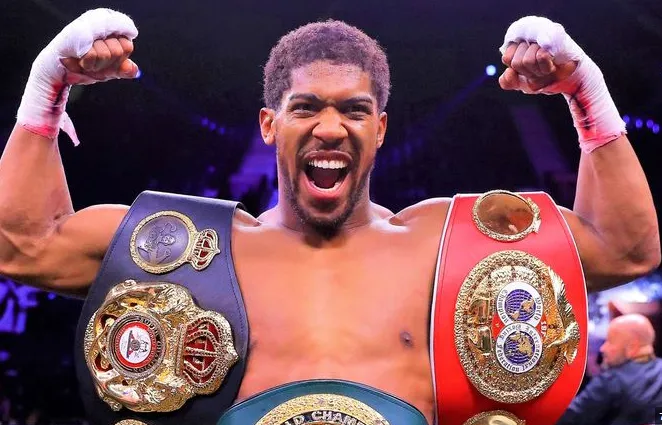
The Decline of Anthony Joshua’s Form: Is He Relying Too Much on His Past Fame to Survive?
Anthony Joshua was once the face of heavyweight boxing—an Olympic gold medalist, a unified world champion, and a crossover superstar. But over the last few years, his performances inside the ring have raised more questions than answers. As Joshua attempts to reclaim his place atop the heavyweight division, fans and analysts alike are wondering: Has Anthony Joshua’s form declined to the point where he’s now relying more on his past fame than his actual abilities to survive in the sport?
From stunning knockouts to shaky decisions, Joshua’s recent career trajectory reveals a pattern of inconsistency, strategic confusion, and perhaps a deeper identity crisis. The glitz of his earlier dominance still surrounds him, but in the unforgiving world of boxing, legacy is only as strong as your latest win. Let’s explore the factors contributing to Joshua’s decline, assess his current standing, and examine whether he’s leaning on reputation more than results to maintain relevance.
Anthony Joshua’s Early Dominance and Rise to Stardom
Anthony Joshua burst onto the professional boxing scene with immense hype following his gold medal at the 2012 London Olympics. With an imposing physique, knockout power, and a clean-cut public image, he was immediately marketed as the future of heavyweight boxing.
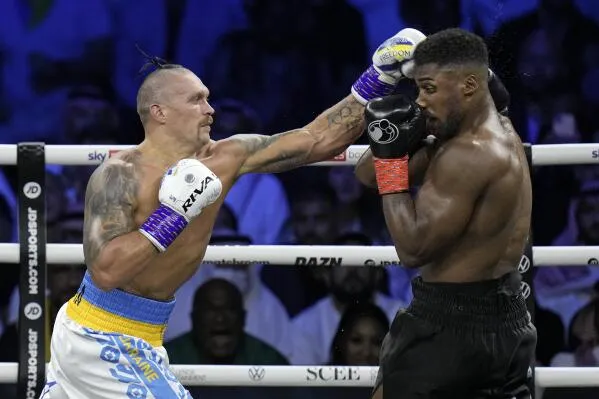
His rapid ascent was impressive. Within 16 professional fights, Joshua captured the IBF heavyweight title with a dramatic TKO over Charles Martin. He went on to unify titles by defeating Wladimir Klitschko in 2017, a modern classic that solidified his global appeal. That fight showcased Joshua’s resilience, heart, and finishing ability, as he recovered from a mid-fight knockdown to stop Klitschko in the 11th round.
In these early years, Anthony Joshua’s form was explosive, aggressive, and confident. He was a juggernaut who walked opponents down, relied on his jab and right hand, and often finished fights within the distance. His technique wasn’t flawless, but it was effective against the competition he faced.
The First Major Setback: Andy Ruiz Jr. and the Beginning of Doubt
Everything changed in June 2019 when Joshua suffered a stunning TKO loss to Andy Ruiz Jr. at Madison Square Garden. Coming in as a last-minute replacement, Ruiz was considered an easy fight. But after dropping Joshua in the third round and battering him until a seventh-round stoppage, Ruiz exposed some glaring weaknesses in Joshua’s game—particularly his lack of inside fighting skills and questionable chin.
Though Joshua avenged the loss in a rematch later that year, the nature of the win—a cautious, safety-first unanimous decision—prompted concerns. Gone was the fearless AJ who fought fire with fire, replaced by a more hesitant, calculating version of himself. Fans and critics noticed the change, and some began to wonder whether Joshua’s heart had been permanently shaken.
Oleksandr Usyk and the Collapse of Confidence
Joshua’s 2021 loss to Oleksandr Usyk took that narrative further. In one of the most one-sided elite heavyweight contests in recent memory, Usyk outclassed Joshua with footwork, angles, and volume punching. Joshua’s attempt to outbox a master technician backfired spectacularly, and he looked lost in the ring.
In their rematch in 2022, Joshua improved slightly but still fell short. He showed more urgency but remained fundamentally confused about how to break Usyk down. His emotional outburst post-fight, where he threw belts and rambled in frustration, was a window into a man who could no longer reconcile his self-image with the results.
These back-to-back defeats revealed a troubling truth: Anthony Joshua’s decline in form wasn’t just physical—it was psychological. He seemed torn between trying to evolve into a more nuanced boxer and retaining the power-punching identity that made him famous.
Relying on Fame: Does AJ Still Deserve Top Billing?
Despite these setbacks, Joshua remains one of boxing’s biggest stars. His fights still headline massive arenas, and he commands huge purses. Sponsors continue to flock to him, and media coverage rarely diminishes. But this has raised a critical issue: Is Anthony Joshua being rewarded for his past rather than his present?
Boxers like Deontay Wilder, Joseph Parker, and Zhilei Zhang have shown more consistency in recent years. Yet Joshua often leapfrogs them in rankings, promotional opportunities, and public perception. Some suggest that Joshua’s name recognition is doing more work than his actual performances.
For example, his recent win over Robert Helenius came against a late replacement fighter and still lacked urgency until the final knockout. His decision win over Jermaine Franklin, though dominant on paper, exposed a tentative and gun-shy Joshua. The killer instinct that once defined him seems replaced by indecision and a fear of risk.
Frequent Coaching Changes: A Symptom of Deeper Issues
One of the most telling signs of Joshua’s decline has been his revolving door of trainers. After long-time coach Rob McCracken, he tried out Robert Garcia, Derrick James, and now Ben Davison. Each camp brought new tactics, but Joshua’s performances suggest he’s yet to find a comfortable identity.
Constant coaching changes often reflect a fighter unsure of who he is or what works best for him. While it’s admirable that AJ is seeking improvement, the inconsistency suggests confusion rather than clarity. Every change resets progress, and with time ticking in his career, Joshua can’t afford many more resets.
Is Anthony Joshua Still Hungry to Be the Best?
Another criticism Joshua has faced is whether he still has the hunger to reclaim his throne. After earning tens of millions, becoming a household name, and cementing a legacy with unification titles, does he still crave greatness?
Many observers believe AJ’s motivation now leans more toward image preservation than legacy building. He’s still marketable, still making big money, and still a major attraction. But being a brand is different from being a champion. And in boxing, pretending to be the old version of yourself is a fast track to defeat against truly hungry challengers.
Younger contenders like Jared Anderson, Arslanbek Makhmudov, and Filip Hrgović are hungry and dangerous. Even veterans like Tyson Fury and Usyk remain sharp and strategic. Against such competition, a version of Joshua that lacks fire or clarity will struggle to survive, let alone thrive.
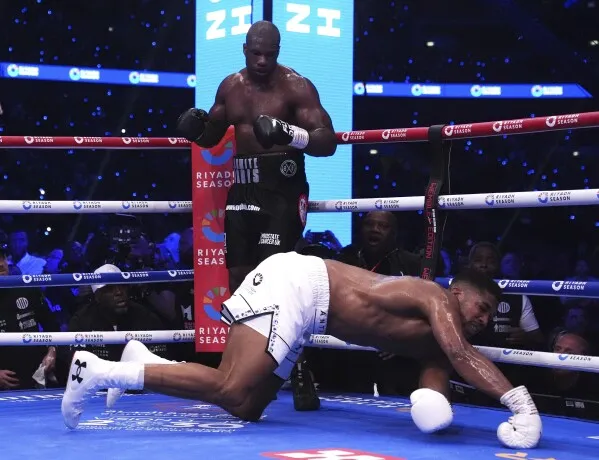
Reputation vs. Results: Which Will Define Joshua’s Final Chapter?
There’s no doubt that Anthony Joshua has already achieved more than most boxers ever dream of. Olympic gold, multiple world titles, sold-out stadiums, and historic nights in the ring. But boxing is a “what have you done lately?” business.
His current position—ranked in the top five by most sanctioning bodies—is a result of both past accolades and strategic matchmaking. Yet his recent performances suggest that his days of dominating the heavyweight scene may be over. If Joshua continues to fight as a cautious, defensive boxer, he risks becoming a gatekeeper to younger talent or a name to pad other contenders’ resumes.
On the other hand, if he embraces his strengths—power, aggression, and physicality—and rediscovers his self-belief, he still has time for one last great run. But it will require real commitment, not just from his team, but from himself.
Conclusion: Time Is Running Out for Anthony Joshua to Prove He’s More Than a Brand
The decline of Anthony Joshua’s form is undeniable. What was once raw athleticism and confident domination has become caution, self-doubt, and strategic confusion. While his fame still carries him into high-profile matchups and lucrative paydays, the question remains whether his actual performances warrant it.
If Joshua wants to prove he’s more than a brand coasting on past glories, he’ll need to take real risks—whether that means fighting dangerous opponents, sticking with one trainer long enough to evolve, or rediscovering the mental edge that made him a force.
The world still watches Anthony Joshua. But admiration is giving way to scrutiny. And unless he shows us something real—something beyond the highlight reels of 2016—he may be remembered as a star who flickered too early, too bright, and eventually faded under the weight of his own image.








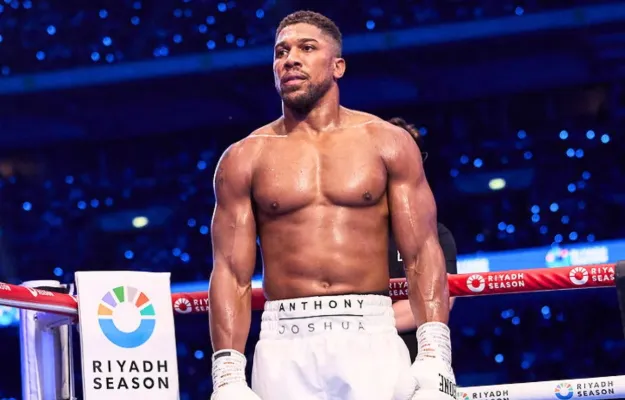
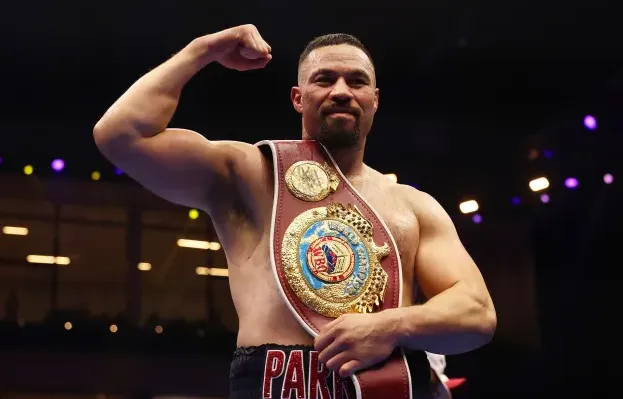
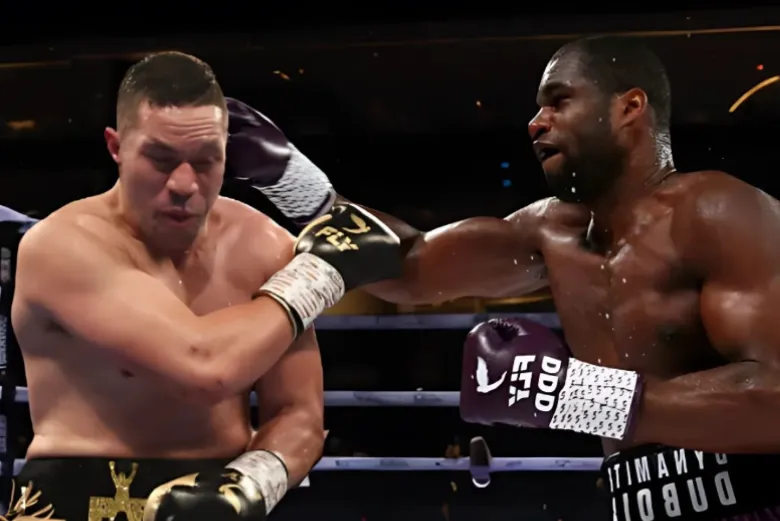








Post Comment